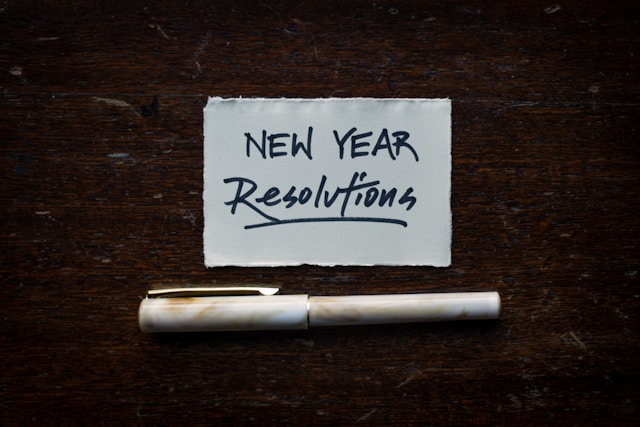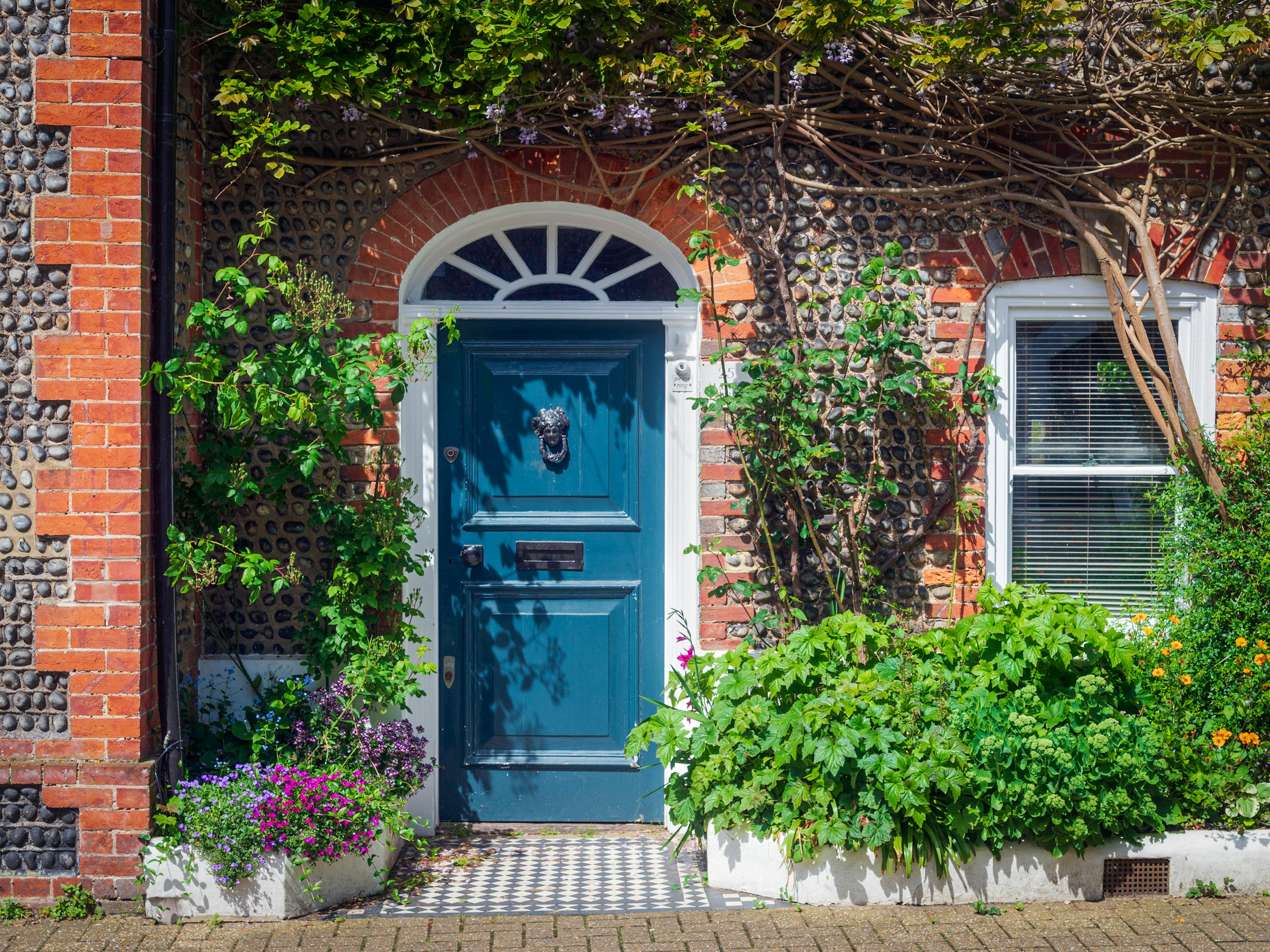by Hannah Marie Stait
As part of Festival of Voice at the Wales Millenium Centre, The National Theatre Wales are performing a production inspired by language and the way in which it connects people in this ever-changing world. Jonny Costen performs the piece which explores the theme of identity, talking about who we are as people and how we say who we are to the world. We got in touch with Jonny to talk about what this show means to him!
What’s one thing people should know about you?
I’m obsessed with Jaffa cakes, we always have them in the rehearsal room.
In your own words, how would you describe ENGLISH?
In ENGLISH we look at a language and how that can be defined, shared and communicated. Is it about identity, being human and more importantly it’s about how we connect with each other.
Who are you trying to reach with this show, and why is that important to you?
We are trying to reach out to everyone. I think it’s important to reach out to people who don’t go to the theatre and it’s an invitation to everyone. It’s important because we all have something to say and its important to share. We live in a society that is so diverse and many people are marginalised and I hope this show can bring some people together and get them talking.
At its core, this show is about identity – what does that word mean to you?
I thought my identity was about my race (I’m Jewish) but now it’s about my deafness. But recently I’ve become a dad so I feel like that’s my identity. Do I associate myself with being Welsh? British? European? That’s difficult. I always felt European but since Brexit I feel a bit neglected from that.
I am deaf. I am a dad. Being Jewish is part of my identity but I see it more as a cultural thing than a religious thing. I have lots of layers of identity, it’s so many things.
What do you think makes this show is relatable?
The show asks how are we able to adapt to learning a language, whatever that language is? Are we able to do it?
Languages aren’t always the words we speak they can be how we communicate with each other. We all have a need to communicate and we do it many different ways.
Why do you think the arts are so important in connecting people?
It’s a great medium to express, to communicate in ways we don’t usually. To find ways we are comfortable with expressing ourselves, whether that’s physical, non-verbal, or even spoken.
Personally, the arts have been vital for me to develop a career. I started as a visual artist, being deaf stopped me from fully expressing myself in the English language growing up so visual arts were vital. I’ve followed that through to performing. Without the arts, I wouldn’t be able to express myself as well and this is true for other people too.
I wouldn’t be able to do Shakespeare because I can’t grasp the language, but there’s so much variety in the arts that I have found my own ways of expression.
This show explores that and gives hope to anyone who finds other ways of communicating vital.
What would you say is the most challenging aspect of a show like this?
I’ve had to learn incredibly difficult skills and being the perfectionist I am I want it to be perfect but I’m learning it doesn’t have to be.
Theatre is very structured usually, you know what you’re doing, you get the script, but this is the opposite. It’s unconventional and exciting. I’m lucky I have the life experience to cope with that challenge. I’d love to tell you what new skills I’ve been learning but I want to keep it a surprise for when I show them in the performance.
I’ve been very lucky to have the access (SLI – sign language interpreter) to support me in the rehearsal process, but in performance, there won’t be any access, so that will be a challenge too. I rely entirely on lip reading so it will be interesting for me to use that as part of the performance, but hopefully, I’ll cope. I know that accents can be really tricky for me, so the challenge for me is will I be able to cope when lip reading a person from outside of Wales. There’s lots of conversation as part of the show.
What would you most like to get out of these performances?
I know every single performance will be very different, I’ll get a lot of satisfaction from hearing different stories and conversations from the audience.
What is your favourite thing about the Welsh arts?
Coming from a ┬áfine art background I’m inspired by artists who paint the Welsh landscape. I’m also excited by all the up and coming theatre companies who are unique and independent. They put so much hard work into their art and don’t always get the credit but I love that people support them and go to see their work.
Describe the show in one word.
Conversation
ENGLISH is being performed at Wales Millenium Centre until the 24th of June so grab your tickets now @ www.wmc.org.uk


